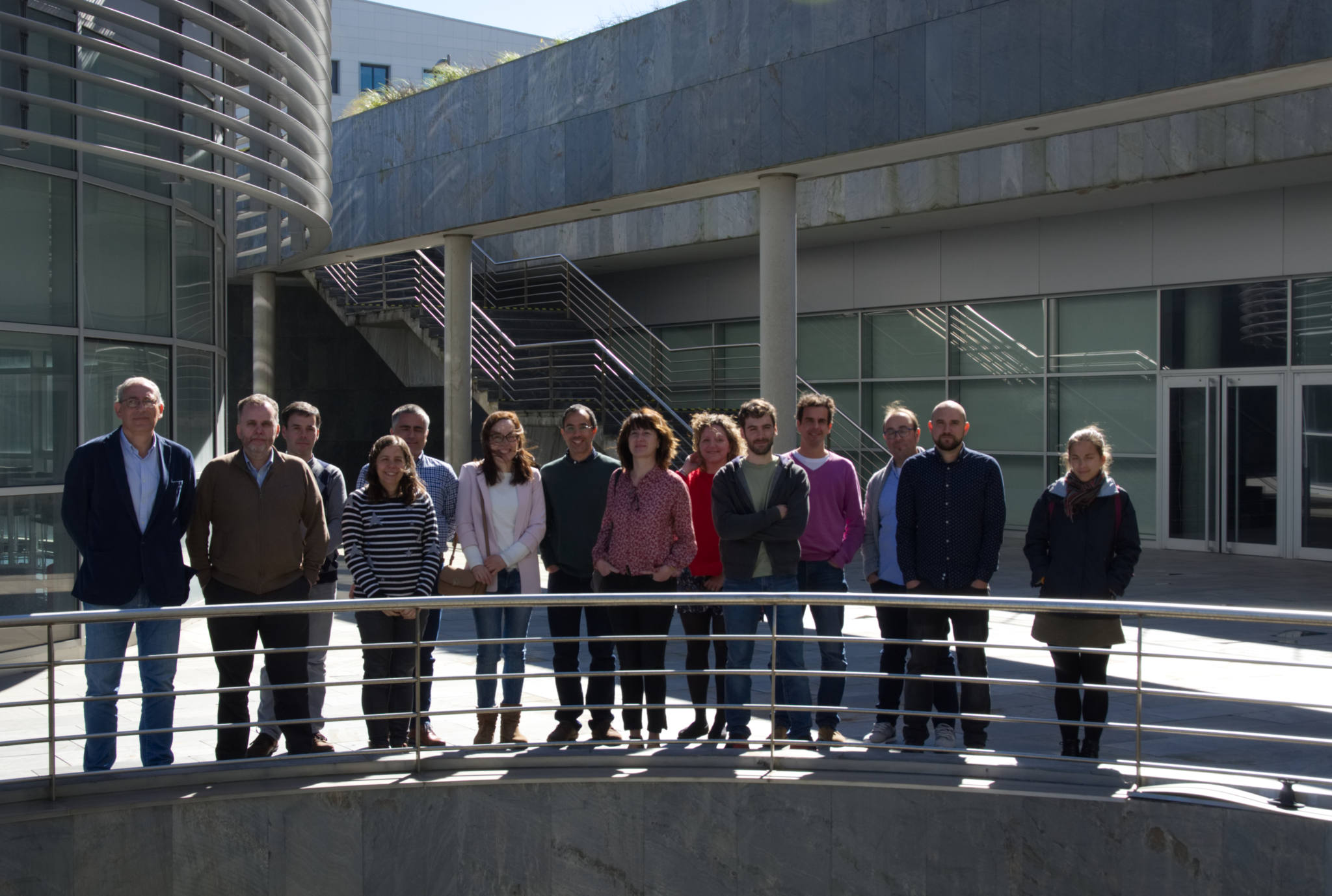
The natura 2000 network in cantabria, protagonist of the first day of the technology transfer seminars at IHCantabria
Back to News
The European Natura 2000 Network in Cantabria (RN2000) has been the object of analysis and debate during the first day of the Transfer Seminars held this Thursday at the facilities of the Environmental Hydraulics Institute of the University of Cantabria (IHCantabria) and in which the technicians of the General Directorate of the Environment, dependent on the Ministry of Rural Environment, Fisheries and Food of the Government of Cantabria, and technicians of IHCantabria has participated.
This is an initiative developed in the framework of collaboration that both institutions have maintained since 2005, whose main objective is to account for the development of technical bases that have served for the development by the Ministry of Management Plans of Special Conservation Areas (ZEC) and one of the basic requirements of the Habitats Directive.
Thus, in the last two years, the declarations of the 21 ZECs included in the RN2000 of Cantabria have been finalised after their approval in three decrees relating to the fluvial ZECs, the coastal ZECs and the mountain ZECs.
The development of these documents has taken into account the best scientific and technical information currently available on habitats and species of our region, with the additional collaboration of national and international specialists in vegetation, fauna, flora, landscape, climatology, remote sensing, data mining and public participation, among others, works all prepared and coordinated by IHCantabria.
>.
The result of these initiatives has been the germ of a network of public and private entities on a regional scale that will facilitate the transmission of knowledge and technical improvements available from the scientific-technical world to society.
Collaboration at regional scale
The collaboration between the Directorate General for the Environment and IHCantabria began in 2005 and arose by taking advantage of the existing synergies between the information required to draw up the management plans for the aquatic spaces of the NR2000 and the studies for the implementation of the Water Framework Directive in Cantabria.
In the course of these 14 years of collaboration, the advances made have allowed a stable research team to be generated in IHCantabria, which has valued collaboration on a regional scale and has been able to generate added value in the context of other projects developed on a local, national and international level. In addition, some of the methodologies developed have served to establish new collaborations at a national and European level, applicable both in the spaces of the Natura Network and in the rest of the natural spaces, and placing Cantabria in a position of reference.
For all these reasons the Transfer Seminars were organized, two working days that allow the updating and transmission of the different results generated (tools, methodologies, cartographies, future challenges, …) in a synthetic and effective way in order to facilitate their use in the different tasks of management of the natural environment of the region.
The first session, held this Thursday 25, has served to review the objectives and results of the various work funded by the Directorate General of the Natural Environment in the periods 2005-07, 2009-11, 2014-16 and 2017-19, highlighting the challenges posed and resolved in each phase, the opportunities generated in different areas and the tasks to be resolved in the short, medium and long term. In this sense, the presentations by José A. Juanes and José M. Álvarez, from IHCantabria, have focused on those aspects related to the evolution of databases, cartographic developments and spatial indicators for monitoring the state of conservation at the scale of Cantabria and the Atlantic Biogeographical Region. After the talks, these aspects could be analysed in a practical workshop.
The second day will be held on Thursday 2 May and it is planned that a review of concrete results and databases generated in other projects, much of them competitive and financed by regional, state and European funds to IHCantabria. Its themes refer to the spectral characterization of the natural environment, ecosystem services, shellfish resources, landscape, green infrastructures, invasive plants, monitoring networks of river and coastal aquatic systems or climate change.




